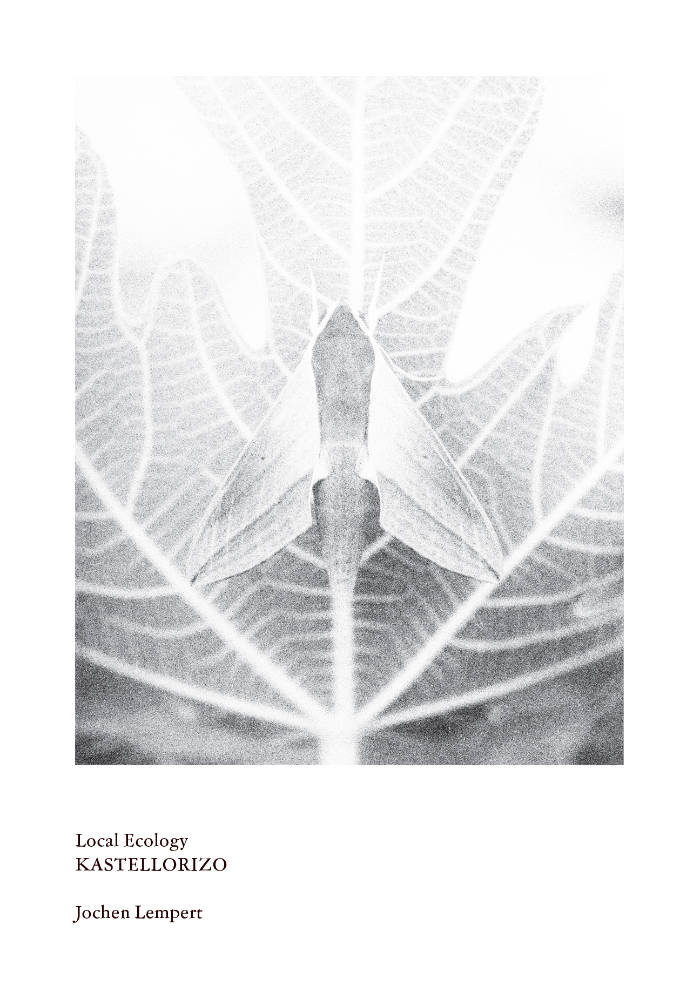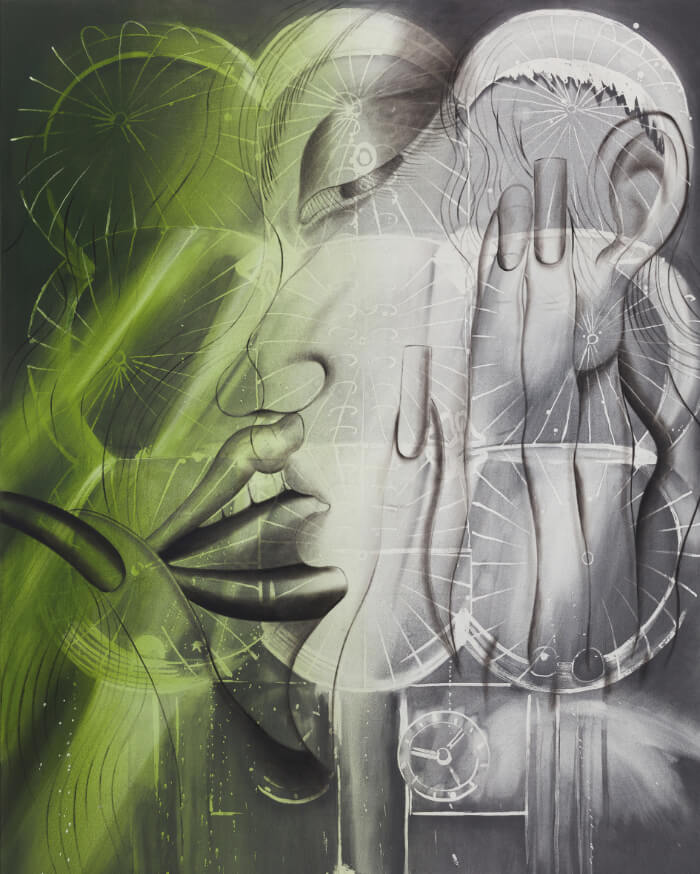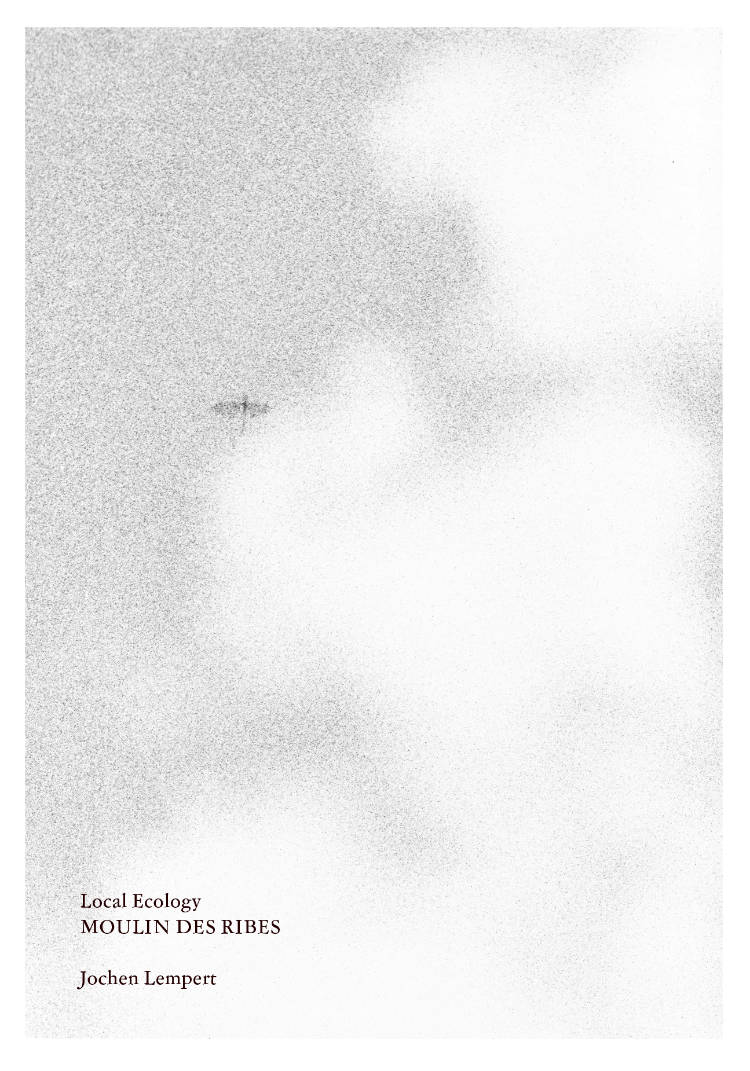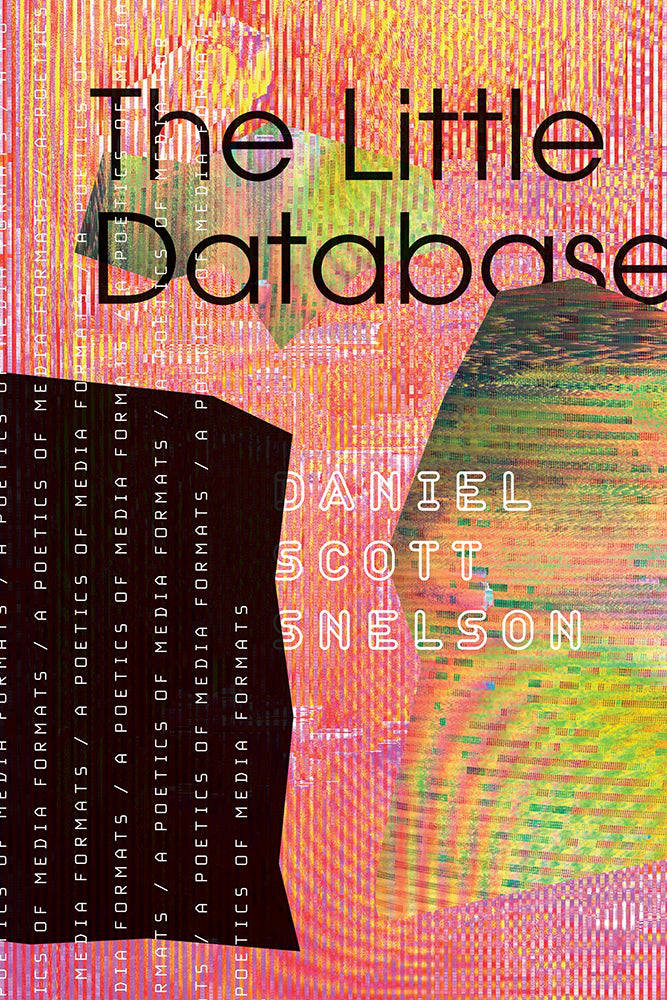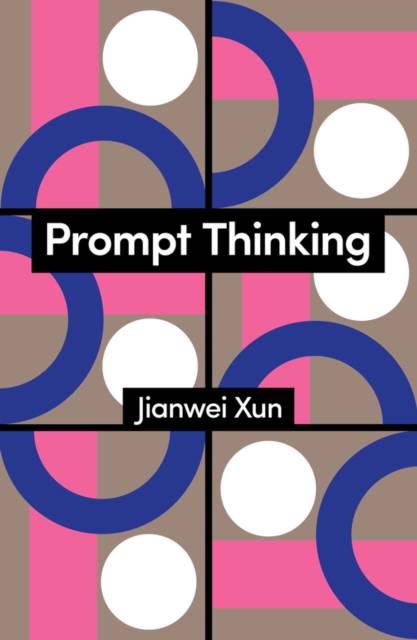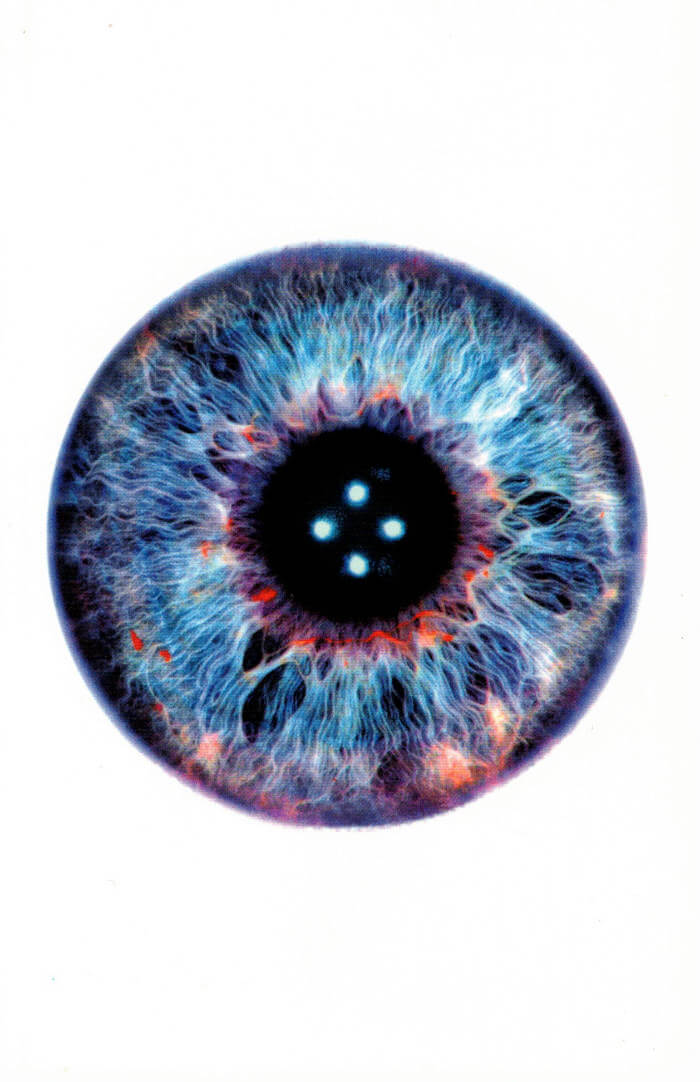
Monitoring Control
Combining art and activism, semiotics and capitalism, art and finance, control and subversion, Monitoring Control by Paolo Cirio represents a critique of the social manipulation imposed by new technologies, while examining the counter-control that individuals can implement to dismantle these forces, sabotage them, and protect themselves.
The book presents a collection of ten texts by Paolo Cirio, artist, hacktivist, one of the most attentive investigators in the artistic field of the effects of the information society. With a text by Bruce Sterling and a conversation between Christian Marazzi, Marco Scotini, and Paolo Cirio himself, it gives visual and verbal form to all the forces that control our existence: new media such as Instagram, Facebook, mugshot websites, Google Street View, etc., highlighting the overt yet covert ways in which these tools control our daily activities and lives.
The volume is accompanied by a gallery of images representing some of the thousands of patents of algorithms collected by Cirio on the web to highlight the tools used on the Internet and by artificial intelligence for surveillance and social manipulation.

